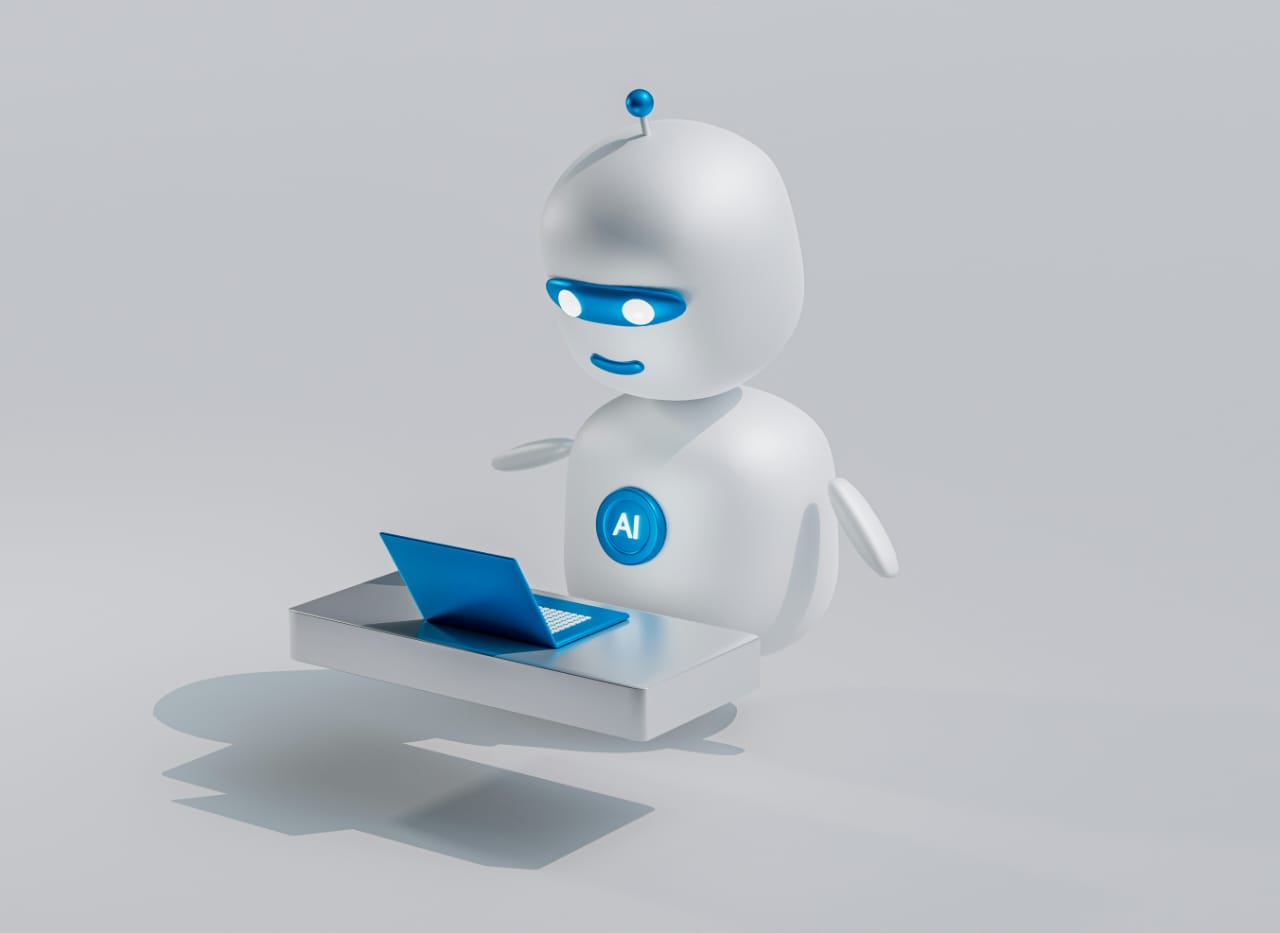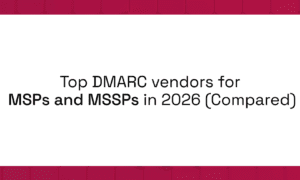The accounting world has never been known for rapid innovation. For decades, tax season meant the same ritual: gathering receipts, scheduling appointments with accountants, and waiting weeks for returns to be filed.
But 2025 is proving to be different. Artificial intelligence is fundamentally transforming how individuals and businesses handle their taxes, and the traditional accountant-client relationship is being disrupted by something far more immediate and accessible: tax bots.
These AI-powered assistants aren’t just digitized versions of tax software. They’re sophisticated systems capable of learning tax codes, predicting compliance issues, and providing real-time financial advice that would have required hours of human expertise just a few years ago.
Your New AI Accountant Reads Receipts Like Humans Read Tweets
At their core, AI tax bots combine natural language processing, machine learning algorithms, and vast databases of tax regulations to provide automated advisory services. Unlike traditional tax software that requires manual data entry and offers generic deductions, these bots actively analyze financial transactions, identify optimization opportunities, and flag potential compliance risks before they become problems.
The technology leverages optical character recognition to scan receipts and invoices, categorizing expenses automatically. More advanced systems integrate directly with banking APIs and accounting platforms, creating a continuous flow of financial data that the AI monitors in real-time. When a business owner makes a purchase, the bot immediately determines its tax implications, suggests the appropriate category, and calculates potential deductions.
What makes these systems genuinely intelligent is their ability to learn. They study patterns in tax law changes, understand industry-specific regulations, and adapt their recommendations based on individual business circumstances. A tax bot serving a freelance graphic designer will develop different expertise than one working with a construction company, tailoring its advice to the specific deduction opportunities and compliance requirements of each sector.
Why Small Businesses Are Ditching Their $300/Hour CPAs
Small and medium-sized enterprises are the primary beneficiaries of this technological shift. Traditionally, these businesses faced a difficult choice: either pay substantial fees for professional accounting services or navigate complex tax codes themselves, risking errors and missed deductions. Tax bots are creating a third option that combines professional-level expertise with affordability.
Consider the practical impact. A small retail business can now receive instant answers about sales tax obligations when expanding to new states, rather than scheduling consultations and waiting days for guidance. A startup founder can query their tax bot about R&D tax credits while drafting their business plan, not months later when filing returns. This immediacy transforms tax planning from a periodic chore into an integrated aspect of daily business operations.
The cost difference is substantial too. While a traditional accountant might charge $150-300 per hour, AI tax services often operate on subscription models ranging from $30-100 monthly, providing unlimited queries and continuous monitoring. For businesses operating on tight margins, this represents significant savings without sacrificing compliance quality.
Technical Capabilities Comparison
| Feature | Traditional Accountant | AI Tax Bot | Hybrid Model |
| Response Time | Hours to Days | Instant | Minutes |
| Cost (Annual, SME) | $3,000-$8,000 | $360-$1,200 | $1,500-$4,000 |
| Availability | Business Hours | 24/7 | Extended Hours |
| Tax Code Updates | Periodic Training | Real-time Integration | Combined |
| Complex Scenario Handling | Excellent | Good (Improving) | Excellent |
| Relationship Building | High | None | Moderate |
| Audit Support | Full Representation | Documentation Only | Full Representation |
When AI Gets Your Taxes Wrong, Who Gets in Trouble?
Despite their capabilities, tax bots introduce new compliance risks that both users and regulators are still learning to navigate. The most significant concern is accountability. When an AI system makes an error in tax advice, who bears responsibility? The software provider? The business owner who followed the advice? The answer remains legally ambiguous in many jurisdictions.
There’s also the question of AI hallucinations—instances where language models confidently present incorrect information as fact. In tax matters, such errors could result in underpayment penalties, interest charges, or even accusations of fraud. Responsible developers implement multiple verification layers and clearly communicate the limitations of their systems, but not all providers maintain these standards.
The international dimension adds another layer of complexity. As businesses increasingly operate across borders, tax bots must navigate not just varying tax codes but entirely different legal systems and compliance frameworks. Meanwhile, the emerging landscape of central bank digital currencies (CBDCs) will eventually require these systems to understand new forms of international transaction reporting and tax implications that don’t yet exist in most jurisdictions.
Accountants Aren’t Dead Yet—They’re Just Evolving
Perhaps the most interesting development isn’t the technology replacing accountants entirely, but rather how it’s reshaping their role. Forward-thinking accounting firms are integrating AI tools into their practices, using bots to handle routine queries and data processing while freeing human professionals to focus on strategic advisory, complex problem-solving, and the relationship management that clients genuinely value.
This hybrid approach may represent the future. The AI handles the tedious work—expense categorization, deduction identification, compliance monitoring—while human accountants provide judgment on ambiguous situations, represent clients during audits, and offer the strategic financial planning that requires understanding business goals beyond mere numbers.
The Future Is Automated
The rise of AI-powered tax bots is inevitable, driven by improving technology, cost pressures, and changing expectations from a generation comfortable with digital-first services. But their ultimate impact will depend on how well they’re regulated, how transparent their limitations remain, and whether they truly serve to democratize financial expertise or simply create new categories of risk.
For now, they represent one of the most practical applications of AI technology—taking a universally dreaded task and making it substantially easier. That alone might be worth celebrating, even as we navigate the complexities they introduce.



































